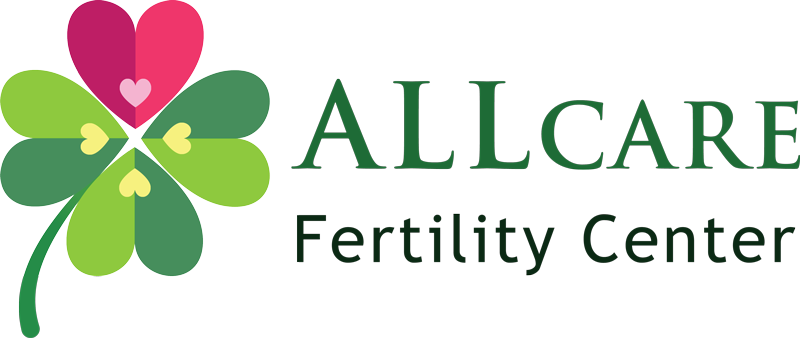Polycystic ovary syndrome (PCOS) is a common hormonal disorder that affects about 1 in 10 women of childbearing age. While the cause of the condition is not well understood, researchers believe that there may be genetic and environmental factors involved. Women with PCOS often experience infrequent or prolonged periods and may develop small collections of fluid on their ovaries. These women may also have difficulty conceiving as they may fail to regularly release eggs.
Common Symptoms of PCOS
While PCOS may develop later in life, most women start to experience signs and symptoms of the condition as soon as their very first menstrual period during puberty. A diagnosis of PCOS may be made if you have at least two of the following symptoms:
- Polycystic Ovaries: With PCOS, your ovaries may be enlarged and contain follicles surrounding the eggs. This can lead to poor functioning of the ovaries.
- Excess Androgen: PCOS sufferers will often have excess levels of androgen. This male hormone can result in a number of symptoms, such as excess body and facial hair, severe acne, and male-pattern baldness.
- Irregular Periods: If you have irregular, infrequent, or prolonged periods, you may have PCOS. Women with this condition may also have abnormally heavy periods.
Primary Causes of PCOS
While the exact cause of polycystic ovary syndrome is still unknown, there are a number of factors that are believed to contribute to the disorder. Excess insulin in the body is thought to play a role in the development of PCOS. When the body creates too much insulin, androgen production also increases which can make it difficult to ovulate.
Low-grade inflammation is also believed to be a contributing factor. Some research has shown that women who have PCOS also have low-grade inflammation which stimulates the production of androgens. This inflammation can also lead to blood vessel and heart problems.
Research also suggests that PCOS may have a heredity influence. Certain genes have been associated with the development of polycystic ovaries. Therefore, a woman will often have a 35 to 40 percent chance of getting PCOS if her sister or mother has it. PCOS is also more common in women who are obese, and overweight women often experience more severe symptoms.
How PCOS Affects Fertility
Infertility is a common side effect of PCOS. Polycystic ovary syndrome can cause women to produce higher-than-normal androgens which can directly interfere with the development and release of eggs. If a healthy egg cannot be released, it cannot be fertilized by sperm and you cannot get pregnant. PCOS can also cause irregular periods or can cause you to miss your period, which makes it difficult to conceive.
The good news is there are treatments that can help women with PCOS get pregnant. If you need help ovulating, there are a number of medications on the market that can help, such as clomiphene and metformin. These anti-estrogen drugs should be taken at the start of your cycle to jumpstart ovulation.
Certain lifestyle changes may also be helpful in increasing your odds of conception. For many women, losing weight can help your hormones return to normal levels which can regulate your menstrual cycle for more predictable periods. Eating healthier, exercising regularly, managing stress, and controlling diseases such as diabetes can also boost your fertility odds. If you continue to experience infertility, speak with a fertility specialist about assisted reproduction techniques.

